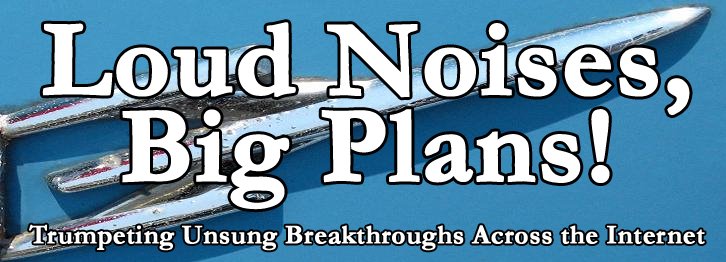Please don’t wait for the next available register. Syracuse University’s Martin J. Whitman School of Management has found that cashiers take longer to ring up customers when they’re all queued up in the same giant line, while they work faster when each cashier is responsible for their own line of customers. Note the part where they admit that “faster” does not equal “better service.”
“Affordability” is in the eye of the beholder (or voucher holder). Researchers from researchers from Florida Atlantic University, the University of Texas, Arlington, and the University of Utah have found that “affordable housing” is not very affordable when you add in the cost of getting to your job.
You don’t have to be crazy to be an executive at a nonprofit organization, but it helps. NC State University research has found that nowhere near as many of them retire “voluntarily” as had been previously assumed. Be sure to read the quote from the guy saying that the only people who take executive roles are the ones who are too naïve to understand what a disaster it’s going to be.
Natural disaster? Entrepreneurs to the rescue! Trenton Williams of Syracuse University has found that entrepreneurship “serves as a vehicle for generating positive social outcomes.” In some situations, survivors of natural disasters can alleviate suffering and generate transformational change for residences experiencing chronic poverty by creating their own businesses.





